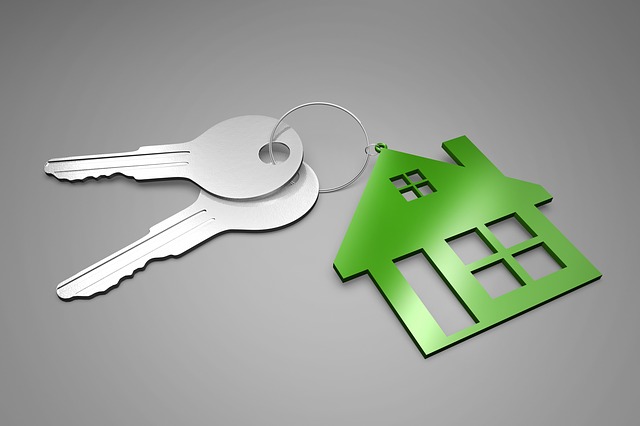You have a found a great property for a fix-n-flip, but you don’t have the money, or it’s tied up elsewhere, perhaps another flipping project. Though those gurus on late-nite TV will rant about how you can buy a home with no money down, it’s tricky and much more complicated than they make it seem. In a more realistic scenario, you will need to come up some cash or collateral to fund your next project.
Here are the most common ways to raise cash for your next house flipping deal:
Private Investors or Partners
If you have close friends, family members, or business associates, who either have the money or have the ability to access a loan, they can be a good place to start. Don’t expect them to do it for free. If you have a bit of cash, you can pay them interest on the loan and pay it back in full after the sale.
If you’re confident that you can make it work, prepare a business plan and a contract that outlines the details including purchase price, rehab costs, ARV, and how the proceeds are going to be divided in the end. Both of you need to have realistic expectations of what kind of profit is available to each of you.
Full disclosure: if you haven’t done so before, know that doing business with family and friends can be a delicate situation and put pressure on your existing relationship. If the investments run into problems or fails, it can cause a rift or worse yet, you’ll fall entirely out of contact.
Another option is to find an investor that will allow you to work off your end with sweat equity. If you have the knowledge and skills to do some or all of the work on a property flip, you may find an investor willing to trade you for your portion of the labor. After the sale, you’ll split the money according to your agreement. You won’t make as much money as doing it all yourself, but it’s a good place to start. This strategy will provide you with the means to save up some cash to eventually, fund your own deals.
Hard Money Lenders
If you feel more comfortable keeping it impersonal, you can contact a hard money lender. They are real estate investors willing to provide you with a short-term loan. Because these lenders are familiar with the industry, there are some advantages:
- Will provide approval for distressed, investment-grade properties that require work
- Credit rating and other loan requirements are more lenient than a bank
- Loan approval is quicker, allowing you to bid on deals and compete with other buyers
- National companies make loans all over the country
Real Estate Investment Associations & Groups (REIA)
Most cities have real estate investment associations or groups, so join several in your area and start regularly attending meetings. REIAs bring together people with expertise that you can benefit from, including not only investors but lawyers, accountants, and contractors. Free advice is worth its weight in gold. These like-minded folks may be willing to fund your rehab, or at least be able to recommend someone.
Raising money and structuring your next rehab isn’t horribly difficult, but it may take some creativity. It may mean combining strategies to get the deal done. After flipping your first property, you’ll be able to roll-over any profits to fund your next deal. In time, you’ll be able to finance your own deals, and perhaps, greenhorn investors will start coming to you when raising cash for the next flip.




